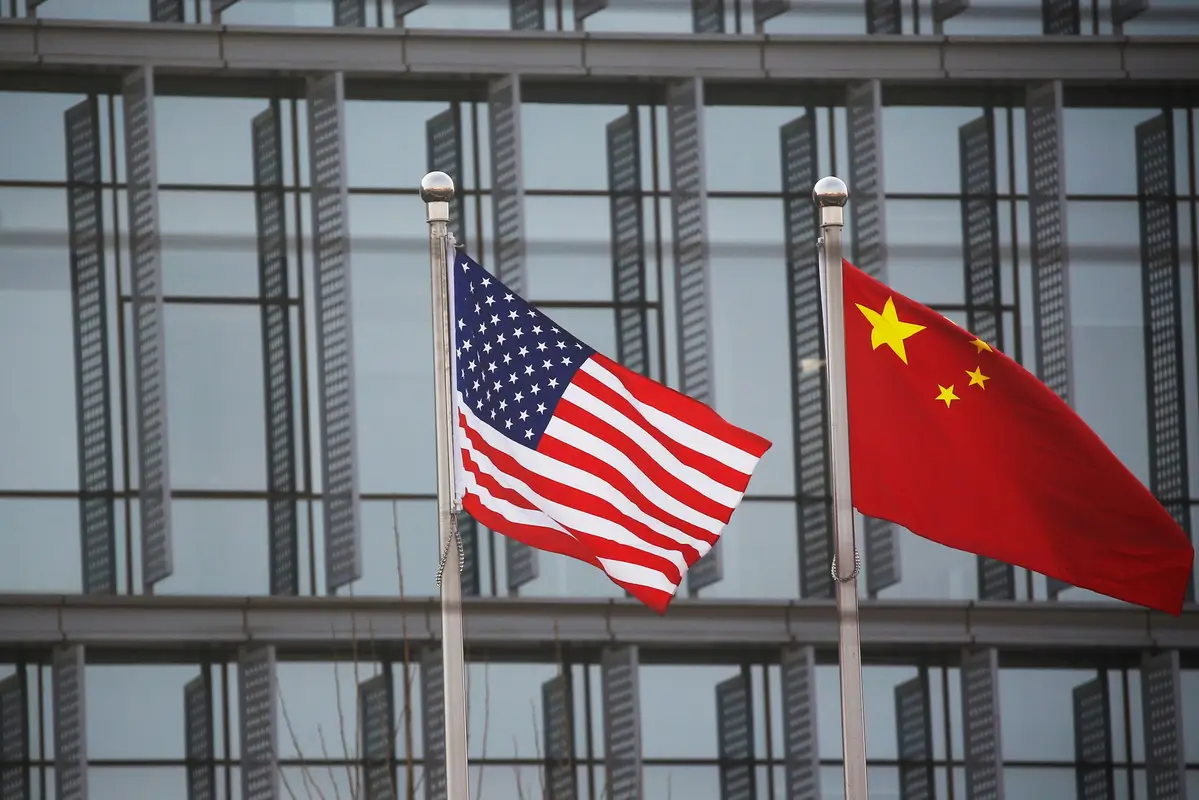Beijing’s Largest Sanctions Target US Over Taiwan Arms Sales
In response to recent arms shipments to Taiwan, China has declared broad penalties against US companies, demonstrating its strong position on sovereignty and fundamental interests. Reflecting increased tensions between the two superpowers, the penalties, which go into force on January 1st, target 10 US corporations and 28 entities.
Key Sanctions on US Entities
Significant limitations are imposed by the sanctions, which represent Beijing’s biggest wave of punitive action against US companies. Among the measures are:
- prohibiting trade with China in goods and services.
- prohibiting new financial investments in China.
- preventing senior managers of the targeted businesses from entering.
- removing current residency requirements and employment permits.
- limiting dual-use product exports and needing additional government clearance.
By cutting off connections between the sanctioned organizations and China’s scientific and economic sectors, these actions seek to strengthen Beijing’s determination to thwart alleged threats.
Legal Framework for Taiwan Arms Sales Sanctions
Beijing’s actions are grounded in several Chinese laws:
- Foreign Trade Law: Governs China’s external trade activities.
- National Security Law: Ensures protection against foreign threats.
- Anti-Foreign Sanctions Law: Authorizes countermeasures against foreign sanctions.
- Export Control Law: Regulates the flow of sensitive technology.
- Regulations on Export Control of Dual-Use Items: Focuses on items with both civilian and military applications.
This strong judicial system demonstrates China’s resolve to uphold its laws and defend its sovereignty.
Beijing’s Rationale for the Sanctions
China claims that the sanctioned US entities participated in actions that undermined the stability of the Taiwan Strait and breached the one-China principle. Particular accusations consist of:
- involvement in the selling of weapons to Taiwan.
- military collaboration with Taiwan.
- endangering the territorial sovereignty of China.
As a reminder to the US over its investigations into the semiconductor industry, the sanctions also convey Beijing’s dissatisfaction with alleged attempts at economic containment.
Implications of Sanctions on US Entities
There will be significant financial and operational disruptions for the targeted entities. Supply chain issues and lost revenue could arise from prohibited trade and investment activity. Senior management’s work permits being revoked further restricts the companies’ capacity to continue operating in China.
It is anticipated that these penalties will worsen tensions between the US and China, especially in the defence and technology industries, and have an impact on international markets.
Beijing’s Message Through Taiwan Arms Sales Sanctions
The timing and scale of these sanctions reflect a deliberate message to Washington:
- Red Line Warning: Reinforces China’s unwavering stance on Taiwan as a core interest.
- Strategic Signal: Alerts the incoming US administration to reconsider its policies on arms sales and semiconductor probes.
- Resolve on Sovereignty: Highlights China’s readiness to protect its territorial integrity at any cost.
Path Forward in US-China Relations
Beijing stresses the value of preserving positive relations despite rising difficulties. The following was described in a Chinese editorial that accompanied the sanctions:
- Shared interests shouldn’t be overshadowed by US-China disputes.
- With a balanced approach, the US can benefit from China’s development.
- Addressing global concerns requires cooperation over war.
Both a strong position on sovereignty and an understanding of the advantages of reciprocal diplomatic connections are demonstrated by Beijing’s restrictions on US companies related to arms sales from Taiwan. As tensions simmer, both countries must respect each other’s fundamental interests while navigating their disagreements in order to go forward.

